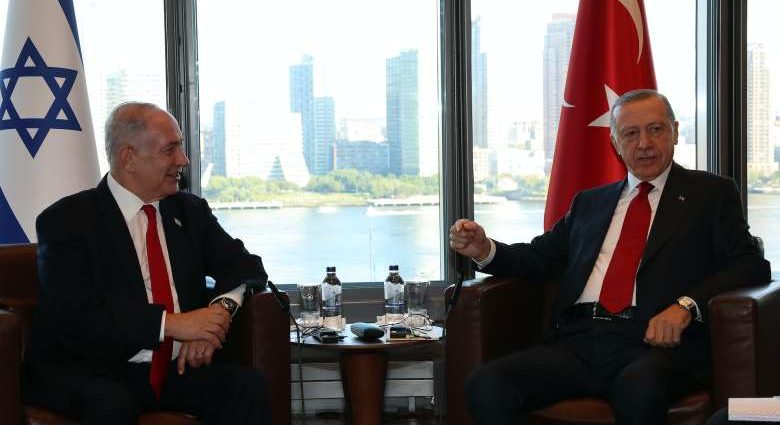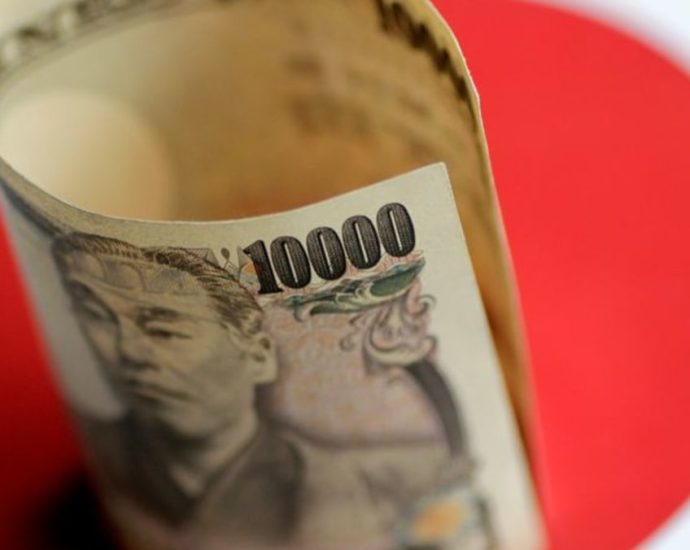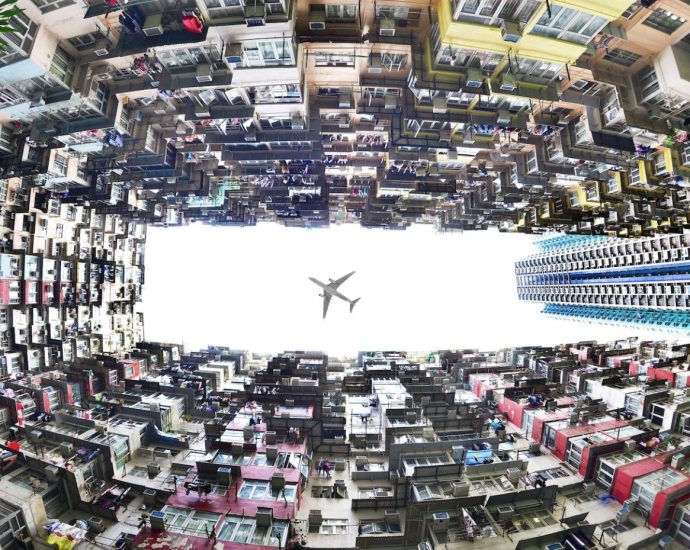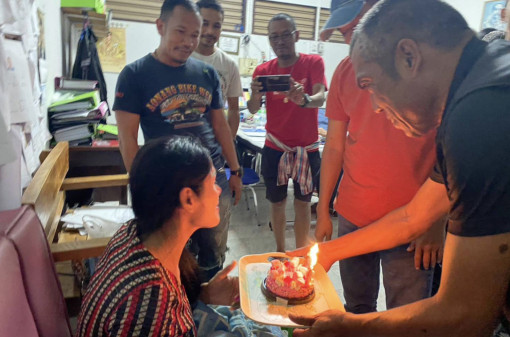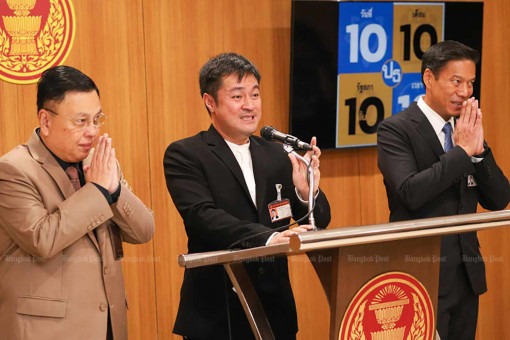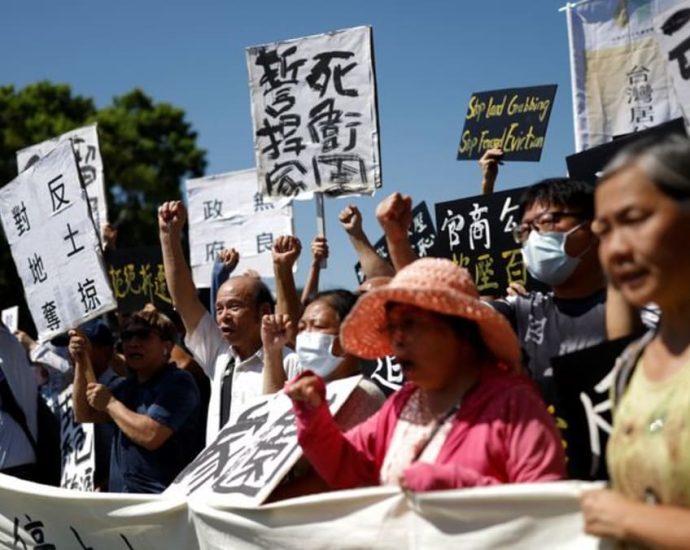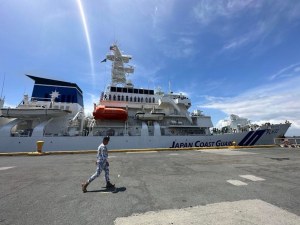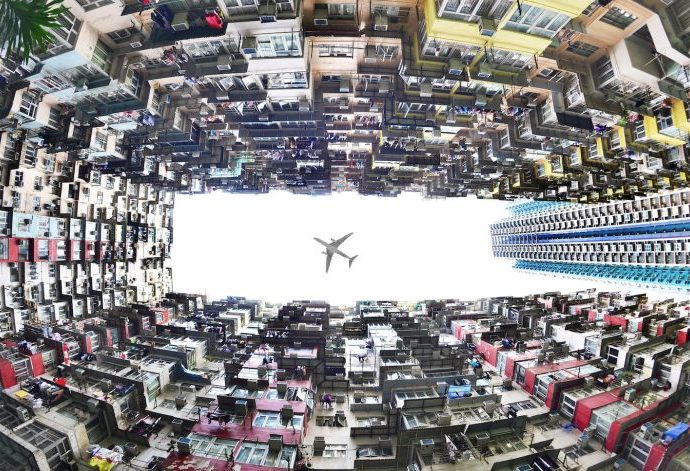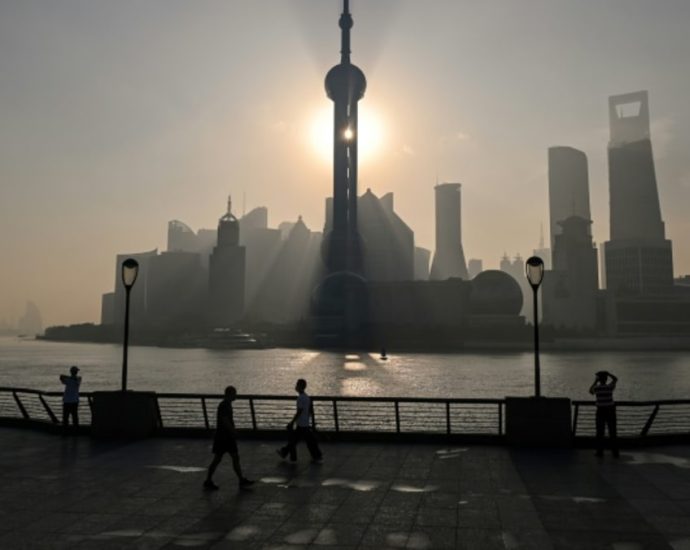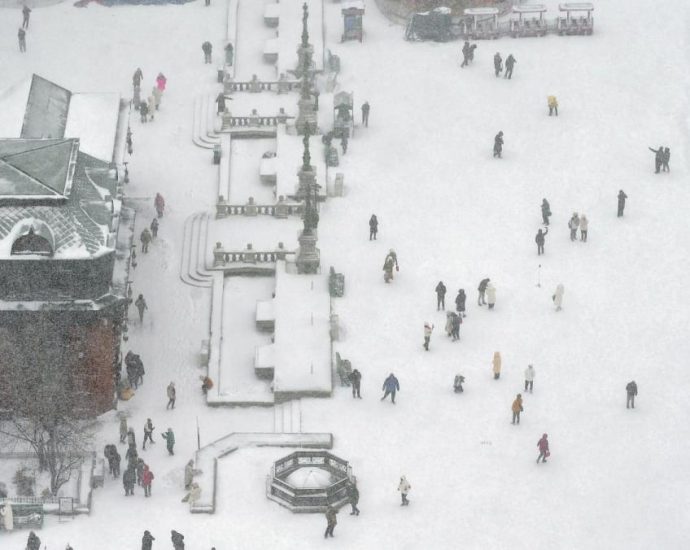Turkey’s Erdogan in a realpolitik flip-flop on Gaza
Turkish President Recep Tayyip Erdogan pulled his ambassador from Israel on November 4, 2023. Less than a month earlier, he was offering diplomatic assistance to calm the situation in the Middle East.
That diplomatic shift is indicative of how in just a few short weeks, Turkey has recalibrated its stance on the escalating violence in Israel and the Gaza Strip.
Erdogan’s initial reaction following the October 7 Hamas-led massacre in Israel was a carefully balanced one, calling for restraint and an end to “aggressive acts.” But amid an escalating death toll in Gaza, he quickly tilted toward a pro-Hamas and seemingly anti-Israel position.
By October 25, the Turkish leader was accusing Israel of “one of the bloodiest and most savage attacks in history,” while defending Hamas as a “liberation group.”
As an expert on Turkish politics and international affairs, I believe Erdogan’s evolving rhetoric cannot be understood without considering the domestic and international constraints surrounding Turkey’s leader.
In responding to the crisis in the Middle East, Erdogan faces a significant dilemma: He needs to appease his political base at home – which has Islamist, strong pro-Palestinian sympathies – while not totally alienating Israel, with whom Turkey has significant geopolitical and economic ties and, until now, warming relations.
At the same time, Erdogan is eyeing an opportunity to project himself as a key regional player in Middle East politics – and a potential mediator in the current crisis. And to understand how he intends to do all this, you need to look beyond rhetoric and diplomatic gestures alone.
Politics vs realpolitik
Erdogan’s reaction to the conflict reflects an attempt to strike a balance between two forces: domestic politics and realpolitik on the international stage.
Since the renewal of conflict in Gaza, Erdogan has faced pressure from various quarters in Turkey. His initial response drew extensive ire among the country’s Islamist circles, who have long shared deep sympathy for Hamas – leading members of whom Turkey has been offering a safe harbor.
Ahmet Davutoglu, formerly a prime minister and a minister of foreign affairs under Erdogan, condemned the Turkish president for hesitance and called on him to align with his Islamist base. Leaders of other Islamist parties and Erdogan coalition partner Devlet Bahceli, the leader of the right-wing Nationalist Movement Party, likewise called on the government for a stronger anti-Israeli positioning.
Growing anti-Israeli sentiment in the international arena also encouraged Erdogan to take an openly pro-Hamas stance. On October 26, 120 countries in the United Nations General Assembly voted in favor of a resolution calling for an “immediate, durable, and sustained humanitarian truce.”
Meanwhile, protests on the streets of Western capitals have put further pressure on governments there to soften support for Israel. They have also facilitated Erdogan’s repositioning.
Erdogan is aware that his criticism can’t go too far and risk a complete severing of ties with Tel Aviv. Israel is an important partner for Turkey. The two countries have seen growing trade relations, with Turkish exports to Israel doubling from 2017 to 2022.
This includes extensive arms trade, with Israeli and Turkish arms producers seeing the highest growth in weapons sales worldwide in 2021.

Meanwhile, regional geopolitical dynamics have shifted to put Israel and Turkey in greater alignments. Recently, the Azerbaijan-Nagorno Karabakh conflict has drawn Ankara and Tel-Aviv closer – with both backing the Azerbaijani government with weapons.
And in its own fight against Kurdish separatists, Turkey deployed Israeli surveillance drones in the late 1990s and 2000s before developing its own drones.
Erdogan as peacemaker?
There is another critical factor at play as Erdogan’s stance has developed. From the beginning of the crisis, Erdogan has sought to assert himself as a mediator.
To that end, he has held talks with regional leaders in which he signaled an intention to act as a peace broker. Senior Turkish officials have also revealed negotiation attempts over hostages being held in Gaza by Hamas.
This approach echoes Erdogan’s strategy in Ukraine, where he likewise put himself forward as a potential mediator.
In some ways, the challenges of balancing these domestic and regional concerns is what makes Erdogan uniquely suited as a potential mediator: He has maintained ties with Hamas while also recently deepening a relationship with Israel.
But for Erdogan to pull off the role of mediator, he will need to manage those links well. Initial proposals for Turkish mediation over the crisis were reportedly turned down by Hamas.
If Erdogan’s harsher rhetoric on Israel was aimed at alluring Hamas to a negotiation table, then there is a case to be made that he went too far. Calling Hamas a freedom-fighting group and accusing Israel of war crimes in Gaza has harmed relations with Israel. It may be the case that Erdogan may have already squandered the opportunity for an arbitrator role.
But go beyond the words and you see something else at play. While talking tough on Israel, Erdogan has taken concrete steps to prevent a complete souring of strained relations with the West and Israel.
On October 23, he signed Sweden’s NATO accession protocol, increasing the hopes for an end to an at-times tense standoff between Turkey and its NATO allies. On the same day, Turkish law enforcement arrested 33 ISIS members in Ankara, potentially to preempt Western criticism for Erdogan’s support of radical Islamist networks.
Meanwhile, Turkish media circulated reports of Hamas leadership leaving Turkey around the same time.
Notable too is what Turkey hasn’t done. It hasn’t tried to stop shipments of Azeri oil through Turkey to Israel, and continues to allows the US to use its Incirlik Air Base in Turkey despite increasing public pressure. Police had to disperse pro-Palestine crowds intending to storm the base on November 5.
Becoming unbalanced?
This may explain the relatively muted reaction by Washington and Tel Aviv thus far to Erdogan’s statements. The US Department of Treasury was content with sanctioning a few Turkish entities for trade links to Hamas.
Secretary of State Antony Blinken visited Ankara as part of his recent Middle East trip, and US administration officials have been at pains to stress Turkey’s value as an ally despite disagreements over Erdogan’s comments on Hamas.
Israel responded to those remarks by pulling its diplomatic mission back to Tel Aviv, prompting reciprocal moves from Turkey.
But there are reports that the tit-for-tat was more for appearances and that Israeli diplomats had already been recalled out of concern for their safety.
In fact, there are reasons to suggest that Erdogan’s strategy is working – despite the shift in tone, Ankara has kept its communication channels open with both Israel and Hamas throughout the crisis.
But balancing domestic support for Hamas and geopolitical reliance on Israel means walking a very fine line for Erdogan – and some of his most recent statements suggest he is beginning to teeter.
Ozgur Ozkan is Visiting Scholar at the Fletcher School’s Russia and Eurasia Program, Tufts University
This article is republished from The Conversation under a Creative Commons license. Read the original article.

